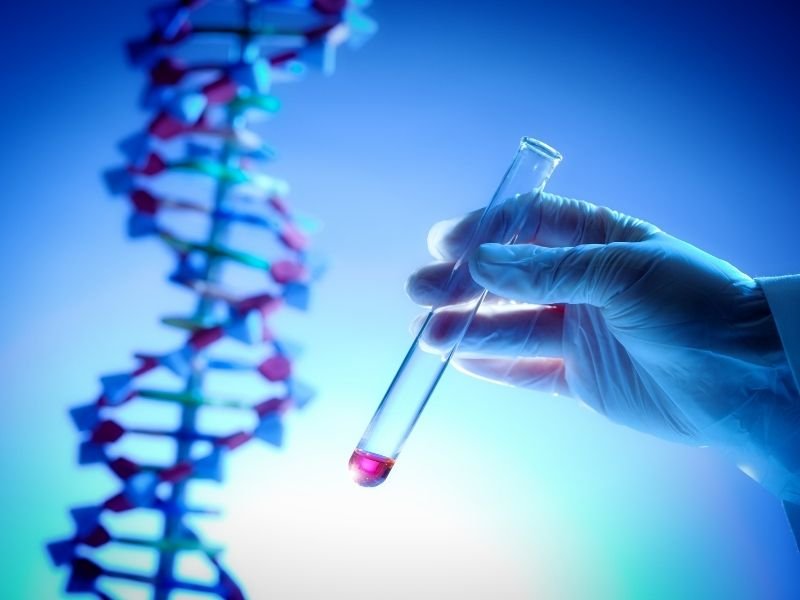Embryo transfer is a pivotal moment in the journey of assisted reproductive technology, marking a significant step toward pregnancy. However, the days and weeks following the transfer are just as crucial as the procedure itself. Proper aftercare can significantly influence the success of implantation and the overall outcome. In this blog, we’ll explore essential tips and guidelines to help you navigate this important phase with confidence and positivity. From managing emotions to understanding physical changes, our comprehensive aftercare tips aim to support you on this hopeful journey toward parenthood. Let’s dive into the best practices to enhance your chances of success and ensure you feel your best during this pivotal time.
The First 24 Hours After Embryo Transfer: What to Do and What to Avoid
The first 24 hours after embryo transfer are crucial for the success of the procedure, and it’s important to take specific steps to support implantation while also being mindful of your body. During this period, prioritize rest and avoid strenuous activities, as excessive physical exertion can increase the risk of complications. It’s advisable to drink plenty of water and maintain a balanced diet, rich in nutrients to support your body. While light walking is generally encouraged, avoid high-impact exercises or heavy lifting. Emotionally, it’s normal to feel anxious or excited; practice relaxation techniques such as deep breathing or gentle meditation to help manage stress. Lastly, steer clear of any internal vaginal douching or tampering with the vaginal area, as this can interfere with the embryo’s chances of successful implantation. Listening to your body and following these guidelines can create a supportive environment for the embryo in these critical early hours.
Nutrition and Fluid Intake: Making the Right Choices After Embryo Transfer
After embryo transfer, making the right nutritional choices and maintaining proper fluid intake are essential for supporting your body during this crucial time. Focus on a well-balanced diet rich in fruits, vegetables, whole grains, lean proteins, and healthy fats, as these nutrients can help nourish your body and promote a healthy environment for implantation. Incorporating foods high in antioxidants, such as berries and nuts, can also support overall health. Adequate hydration is equally important; aim to drink plenty of water throughout the day to help maintain optimal bodily functions and improve circulation. Avoid excessive caffeine and sugary beverages, as these can have negative effects on your overall health. Instead, opt for herbal teas or infused water for variety. By prioritizing nutrition and hydration, you create a supportive foundation that can enhance your chances of a successful pregnancy after embryo transfer.
Rest and Physical Activity: Key Considerations After Transfer
After embryo transfer, balancing rest and physical activity is essential for promoting a supportive environment for implantation. During the initial days, it’s important to prioritize rest and limit strenuous activities, as high-impact exercise or heavy lifting can pose risks. Gentle movement, such as light walking, can help improve circulation without putting too much strain on your body. Listen to your body—if you feel fatigued, allow yourself to relax and recuperate.
Incorporating relaxation techniques, such as yoga or stretching, can also be beneficial, but avoid poses that involve significant abdominal pressure. This is a time to be mindful of your physical limits and focus on nurturing both your body and mind. Maintaining this balance between rest and light activity can enhance your overall well-being and support the success of your embryo transfer.
Stress Management: Tips for Mental and Physical Health Post-Embryo Transfer
Managing stress after embryo transfer, especially in IVF with donor eggs, is vital for both mental and physical health, as high stress levels can negatively impact the chances of implantation and overall well-being. To promote relaxation, consider incorporating mindfulness practices such as meditation, deep breathing exercises, or gentle yoga into your daily routine. Creating a calming environment at home with soft lighting, soothing music, and comfortable seating can also help alleviate anxiety. Engaging in light activities that you enjoy, such as reading, watching movies, or spending time in nature, can provide positive distractions and lift your spirits. Additionally, reaching out to friends or loved ones for support can foster a sense of connection and ease emotional tension. Remember, it’s normal to feel a range of emotions during this time, so be gentle with yourself and allow space for those feelings. By prioritizing stress management, particularly during IVF with donor eggs, you can create a more supportive atmosphere for your body and mind as you await the results of your embryo transfer.


